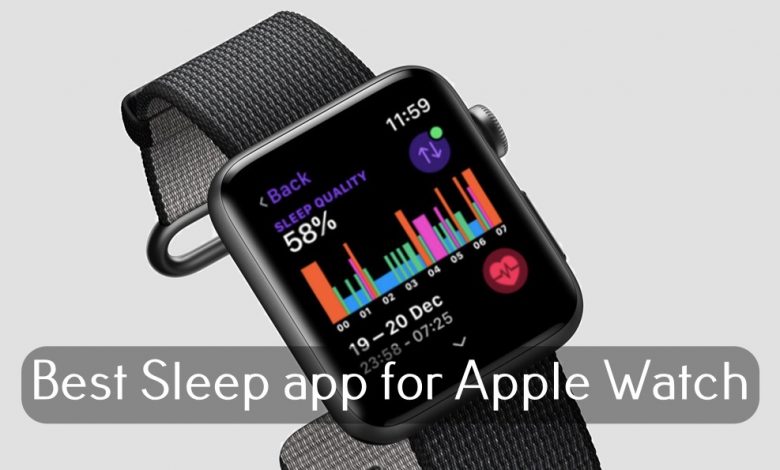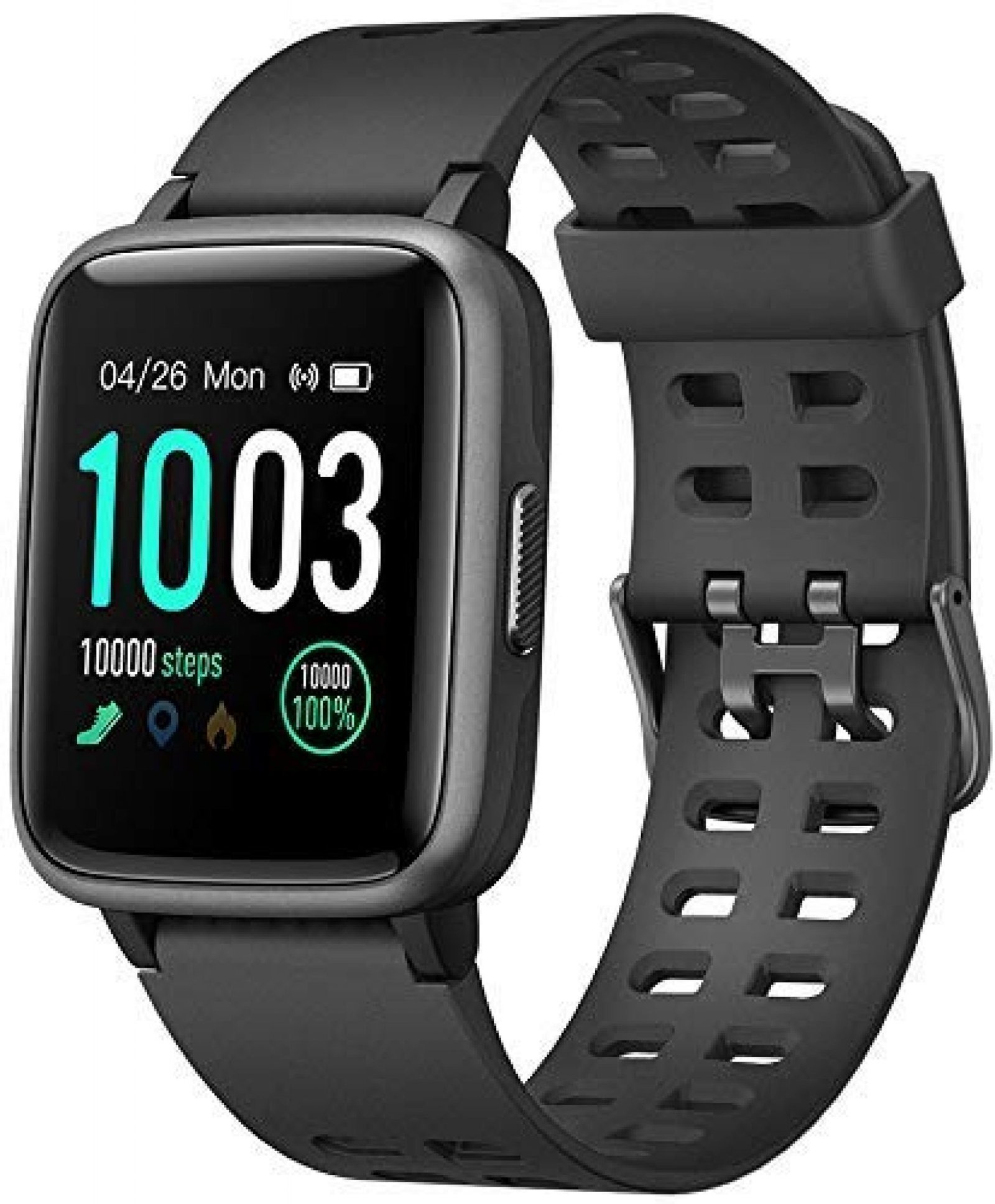

“Not to mention they have added a respiratory rate feature, which has been shown to predict the possible onset of COVID-19,” Fagin adds. She uses that recovery number to decide how vigorously to exercise that day-a metric the tracker calls Strain. Ava Fagin, CSCS, wears hers 24/7 to keep tabs on her sleep and recovery score, a metric that takes heart rate variability (HRV), resting heart rate (RHR), and hours of sleep into account. Whoop (a newish fitness tracker that's worn by top athletes like Michael Phelps, LeBron James, and the NFLers) has gotten a lot of rave reviews lately for how well it homes in on an oft-forgotten part of exercise: recovery. Here, we asked more than a dozen runners, trainers, and athletes to share their recommendations for the best fitness trackers that are worth investing in this year. “I had stopped wearing one in the past because I felt shame associated with not hitting 10,000 steps every day, so just remember to customize your preferences so that it empowers and encourages you.” One thing to keep in mind when setting up a fitness tracker, as well, is that this tool should ultimately help you and not shame you, adds Sarah Taylor, plus-size personal trainer and virtual studio owner. “If you’re using it for a sport that is pretty physical or wrist heavy, then you might consider a different watch than someone who is using it primarily for running.” “If something is uncomfortable or bulky to work out in, you probably won’t want to wear it working out, which defeats the purpose,” Langhans says. Ultimately, you also want to make sure your tracker feels comfortable during your workouts and doesn’t get in the way of the activity you’re doing. Or maybe you swim, and need the watch to be waterproof and track laps, or perhaps you just want to be able to control your music from your tracker. If you mostly do strength training or HIIT classes, you may not need the GPS and might prefer a tracker with modes to monitor these specific types of workouts. You also want to consider your goal and primary activities-if you mostly run, then getting a watch that’s meant for running and has built-in GPS and really specific run-tracking metrics might be the right tracker for you. “If you want the same capabilities of a phone, but in watch form, then I would go for a smart watch.” “If you solely want to track your health and training or don’t want to be connected to the world on yet another device, then I would say go for the fitness tracker,” Langhans says. Most smart watches have the capability to track health and fitness, but also have smartphone features, like texting, calling, and other app integrations. The best fitness trackers primarily monitor your health and wellness, and track things like sleep, heart rate, steps, and workouts, says Jenna Langhans, certified personal trainer.

When it comes to tracking your health and workouts, there are two categories of wearables to choose from: fitness trackers and smart watches.


 0 kommentar(er)
0 kommentar(er)
